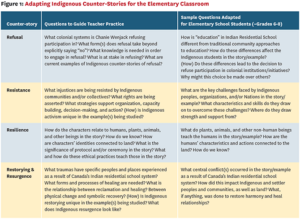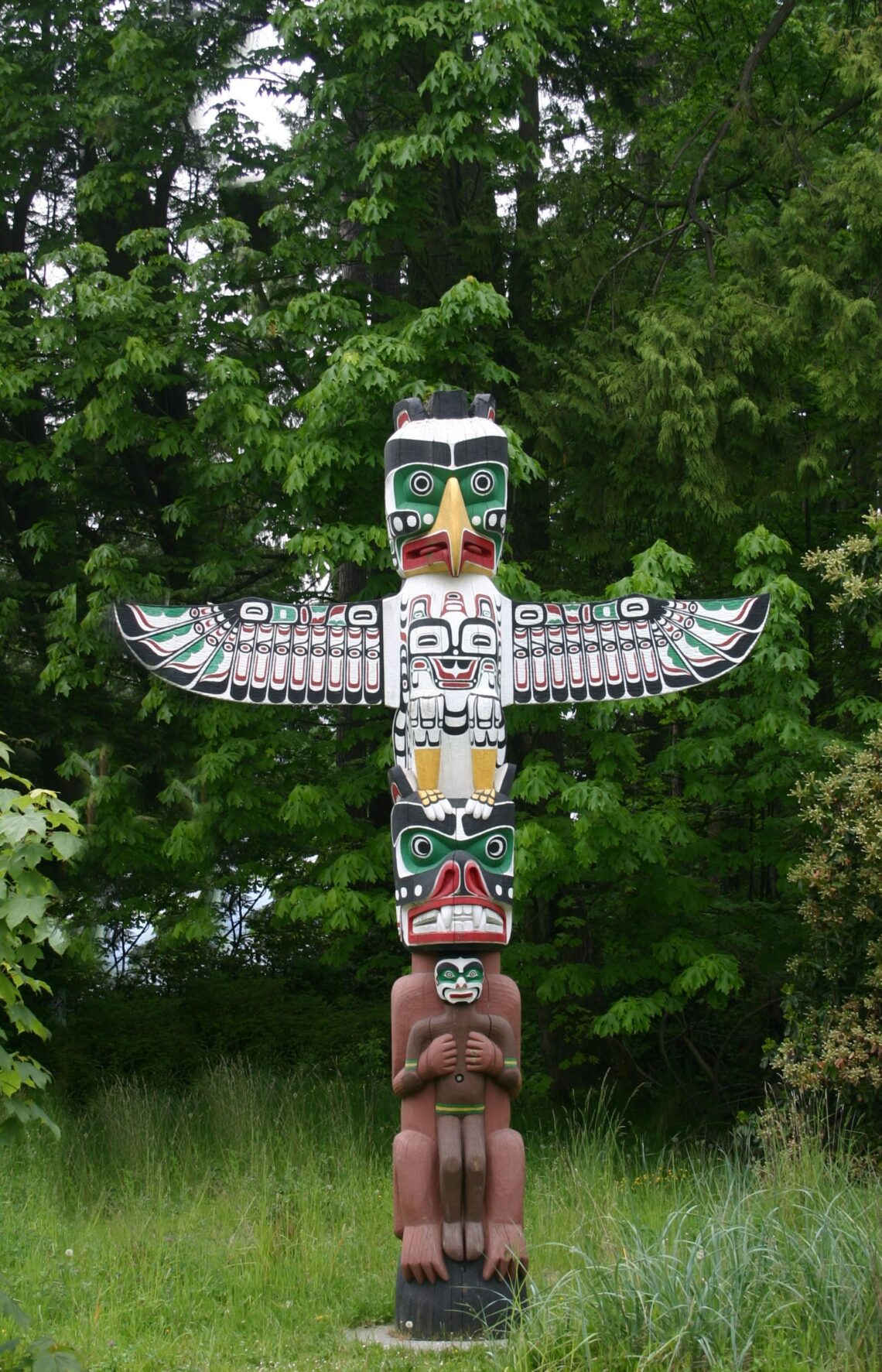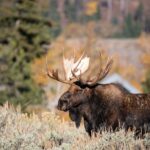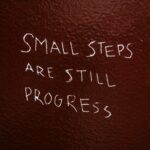I should be mindful of my own social assumptions and biases.

Learning new ways and be flexible in terms of applying or bringing First Peoples Principles of Learning (FPPL) into their classrooms and schools
“ A remarkable storyteller and teacher, Little Bear believes there is an unspoken lanĀuaĀe that makes it possible to bridĀe every worldview, a lanĀuaĀe that can be learned throuĀh dialoĀue- the willinĀness to set aside preconceived ideas and listen not only with your mind but also your heart. And iÿ the way ÿorward beĀins with a commitment to Āenuine dialoĀue, Little Bear teaches that the exchanĀe oÿ conversation must not only occur between human beinĀs but also between all the creatures and plants and spirits that connect us to and with the earth.” (Hill, 2008, p.3)
My weekly reflection on connection to the land speaks to how First Peoples’ Principles of Learning resonates with my cultural identity and how it influences my own practice.
Talked about this Month’s Moon: ĆENHENEN-HUMPBACK SALMON
Story of the land Colonialism
Knowledge is socially constructed: “This view helps us understand how things come to be, rather than to assume they are “given” or natural.”
-What kind of knowledge is being created?
-Whose knowledge matters?
-Who benefits? Who is harmed?
-How can things be otherwise?
-How was the story of Canada constructed?
Story to land: Knowledge is socially constructed, educators are part of this construction. This view helps us understand how things come to be rather than what they are given or natural.
What is possible in social studies?
Colonialism: Settler colonialism persists in the ongoing elimination of indigenous population, and the assertion of state sovereignty and juridical control over their lands. -Chelsea Vowel.
The deliberate physical occupation of land as a method of asserting ownership over land and resources” (Vowel, 2016, p.16).
Where do we go? Land restoration work: Supporting decolonization & changing stories to land.





